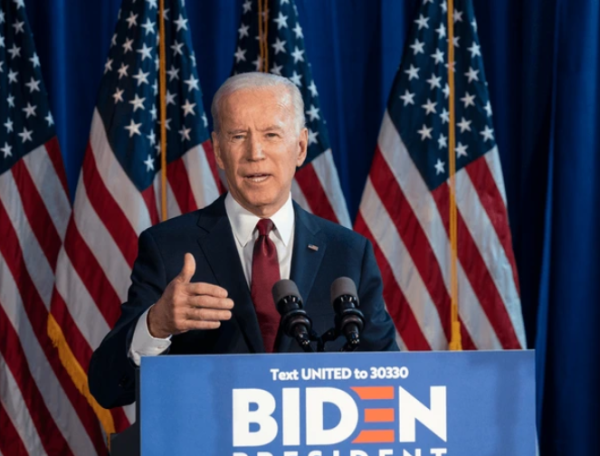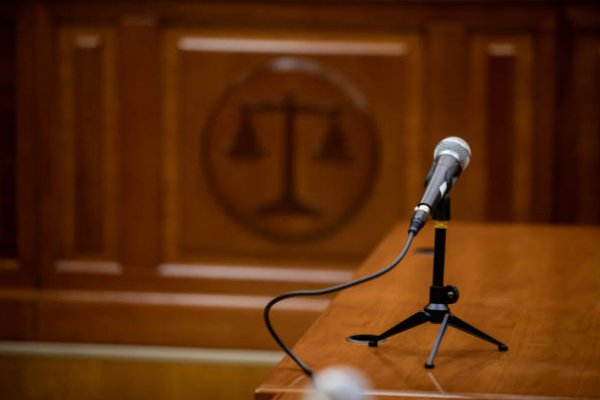Supreme Court poised to overturn Roe v. Wade in leaked majority opinion draft
On May 2, 2022, shocking citizens around the world, Politico released an exclusive leak of the draft majority opinion on Dobbs v. Jackson Women’s Health. The case at hand concerns abortion rights, and if Supreme Court moves forward with its decision, abortion rights will not become federally legal and will be left to states to decide.
Roe v. Wade has been the law of the land since 1973, asserting the constitutional right to abortion. Since then, in cases like Casey v. Planned Parenthood, the right has been adjusted and given restrictions. Dobbs v. Jackson concerns a Mississippi state law from 2018 outlawing abortion after 15 weeks of pregnancy, when a fetus can be detected in the womb. The constitutional question presented to SCOTUS is whether abortion after this time period is still considered a constitutional right.
The draft, written by Justice Samuel Alito, goes in a different direction and in fact, chooses to overturn previous cases on abortion, specifically Roe v. Wade, protecting abortion’s fundamental right, and Casey v. Planned Parenthood, protecting abortion without spousal consent. As Alito quotes in the majority draft, “a right to abortion is not deeply rooted in the Nation’s history and traditions,” and asserts that because the Constitution does not mention abortion, abortion is not a constitutional right. Five out of the nine Justices on the Court have agreed with this opinion, representing the majority.
Roe and Casey both rely on the Fourteenth Amendment, which concerns privacy. The same amendment has also protected a variety of rights in past landmark cases, which Alito lists out in the draft. The list includes Lawrence v. Texas, which protects the right to engage in private and consensual sex, and Obergefell v. Hodges, which protects the right to marry a person of the same sex. Alito claims that the full list of cases relying on the Fourteenth Amendment is based on extremely loose definitions of the Fourteenth Amendment and that none of them are constitutional, citing that “none of them have any claim to be deeply rooted in history.”
Should Roe and Casey be overturned, it could lead to a fallout of these many other cases. Alito maintains in the draft itself that since these other cases have nothing to do with the constitutional question at hand, they are not affected by the proceedings of Dobbs v. Jackson, and his opinions do not reflect the future of the Supreme Court. Regardless, though, there has been a large outcry at the Court’s draft.
“I think the issue [here] is twofold,” said Humanities junior Meredie Cohen. “Firstly, there isn’t actually any constitutional protection for abortion nor privacy and it’s too hard to amend the constitution. Secondly, the Supreme Court intentionally attacked women’s rights to choose by taking the case, knowing they were going to overturn Roe v. Wade.”
In two months from the writing of this article, if SCOTUS is to move forward with this decision, the legality of abortion will be left to states to decide, and realistically many states would leave abortion be. Citizens in certain states, particularly Republican-majority states, fear that their abortion rights will be jeopardized because of this. Not all people who need abortions have the resources to travel to a state where it is legal. Moreover, the attack on the constitutionality of abortion itself has outraged citizens all over the country, prompting massive protests outside the Court building, in streets, and online. The case has also prompted fear on the legality of same-sex marriage, a very recent case from 2015, with Jim Obergefell himself expressing fear about it.
President Biden has said, in a statement released to the public the day after the leak to the public, that should the Supreme Court overturn Roe v. Wade, his administration will work on making it federal law anyways via Congress.
“The Supreme Court should not overturn the long precedent set by Roe v. Wade, these sort of legislating decisions should be left to Congress,” commented Humanities junior Anya Olson on the topic.
This is the first time the draft opinion has ever been leaked to the public. The day after its leak, Chief Justice John Roberts confirmed the legitimacy of its leak, and called it a breach of trust, calling for the Marshal of the Court to conduct an investigation on it.
Lasya Musty is a junior in the Science, Math, and Computer Science Program and this is her first semester writing for the Poolesville Pulse. She has always...












